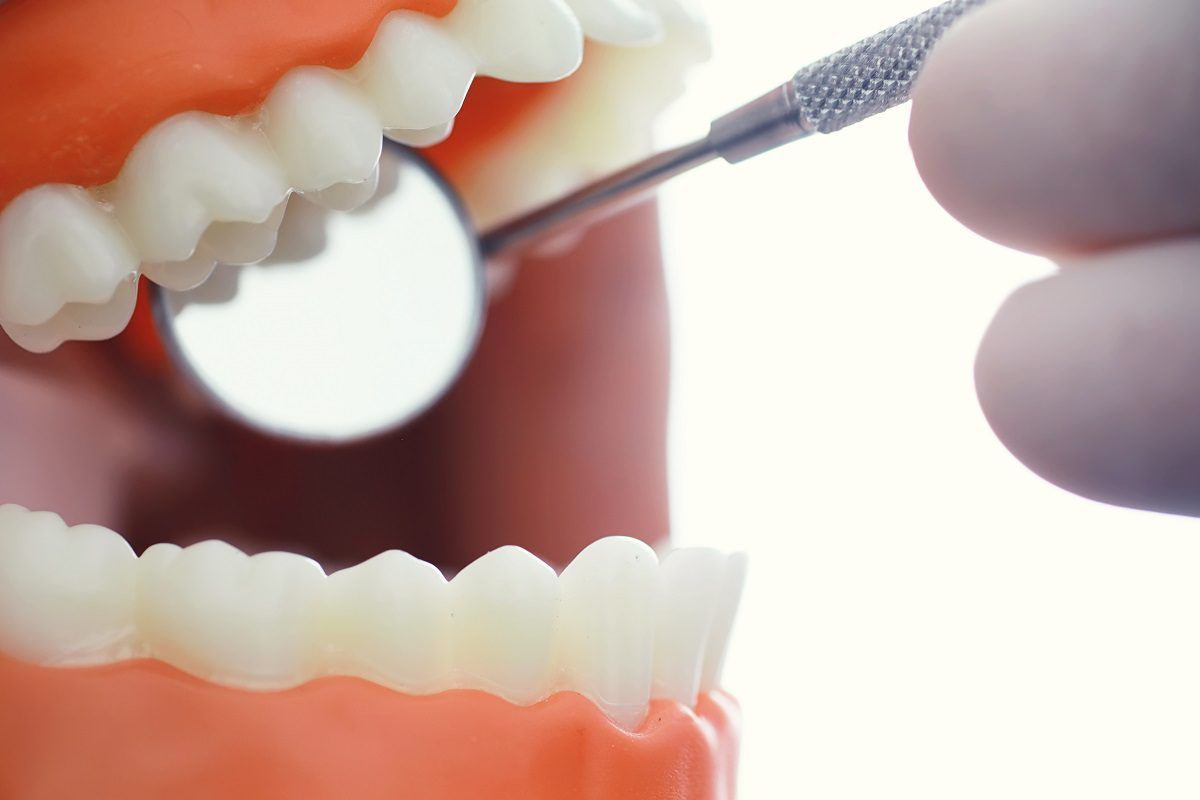If you should get dental implants or porcelain veneers depends on the problem you're trying to solve. In a nutshell, dental implants replace missing teeth, whereas veneers enhance the appearance of your smile.
If you have healthy teeth but cosmetic issues such as stains, chips, or gaps, veneers are a great option for giving you a beautiful smile in a short amount of time. Dental implants are a better choice as a stable anchor for artificial teeth if you have a more serious oral health problem, such as missing teeth, bone loss, or receding gums.
Your jawbone recedes when you lose teeth for any reason. Unless tooth roots are present to stimulate the bone, it will continue to shrivel. Bone loss can have negative consequences not only for your mouth but also for your overall health. You may believe that bone loss isn't affecting you because it isn't painful; however, it is a silent process. Bone loss in the jaws occurs in everyone who has missing teeth.
Dental implants are the best option available when you have missing teeth, both for your dental health and for your overall health. Veneers are the best option for those who have natural teeth but want to improve their appearance. Veneers are thin porcelain restorations that cover the front surfaces of teeth to improve their appearance and improve your smile.
What Are Dental Veneers?
Dental veneers (also called porcelain veneers or dental porcelain laminates) are wafer-thin shells of tooth-colored materials that are custom-made to cover the front surfaces of teeth to improve their appearance. The color, shape, size, and length of the teeth are all altered by these shells, which are bonded to the front of the teeth.
Types of Dental Veneers

Porcelain or resin composite materials can be used to make dental veneers. Porcelain veneers hold up better to stains than resin veneers. They also have a better light-reflective quality than natural teeth. You'll need to talk to your dentist about the best veneer material for you.
The Durability of Dental Veneers
Veneers have a lifespan of 7 to 15 years. The veneers would need to be replaced after this period.
Aftercare for Dental Veneers
Dental veneers don't necessitate any special attention. Brushing, flossing, and rinsing with an antiseptic mouthwash are all good oral hygiene practices to maintain. Despite the fact that porcelain veneers are stain-resistant, your dentist may advise you to avoid stain-causing foods and beverages (for example, coffee, tea, or red wine).
Alternatives to Dental Veneers
Bondings and crowns are two veneer alternatives. Veneers are a good middle ground. If you want to change the shape of your teeth more than just a little bit, as with bonding, but not enough to require a crown, veneers may be the best option.
Contact your Pinole dentist, Dr. Azadeh Hosseini and Dr. Ghazal Hosseini at Top Pinole Dental to learn more.
Resource:
The Benefits Of Dental Veneers
*Neither this nor any other content in this media is meant to prescribe, recommend, or prevent any treatment or procedure. We highly recommend that you get the advice of a qualified dentist or other medical practitioners regarding your specific dental condition.

